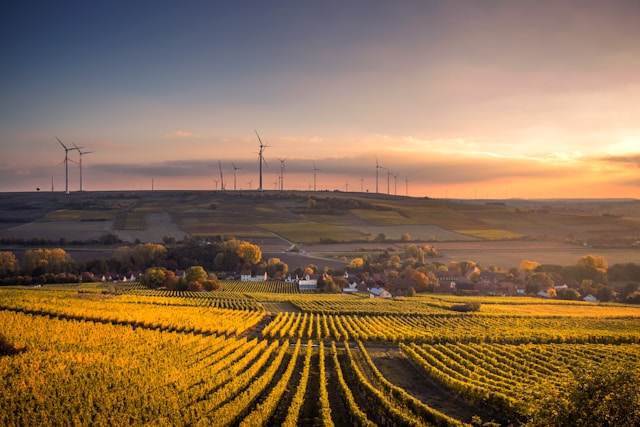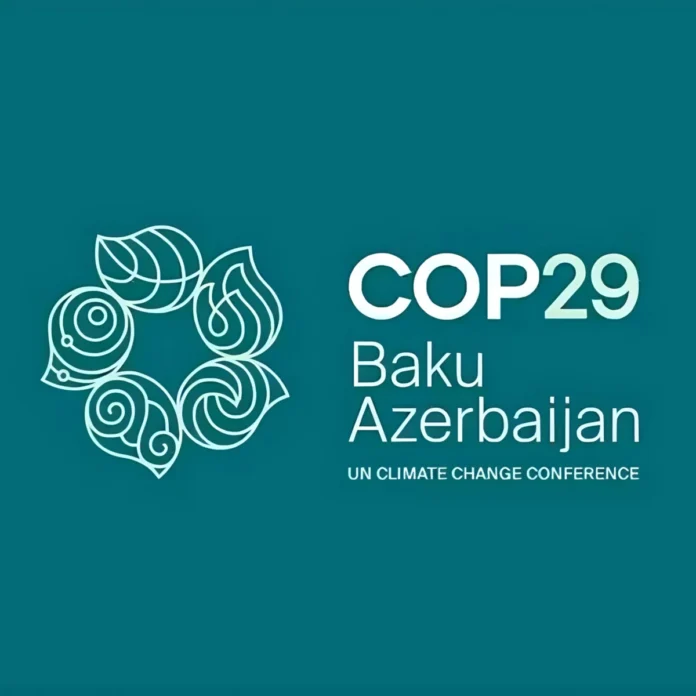The use of biofuels resulted in more than 13.2 million tons in greenhouse gas savings in Germany in 2020, according to a statement released at a Jan. 17 press event to advance last week’s “Fuels of the Future 2022” conference.
The record reductions were brought about by Germany’s increased greenhouse gas reduction quota, from 4% in 2019 to 6% in 2020 and 2021, which make biofuels more attractive, the statement said.
“Biofuels outperform the minimum requirements on climate protection stipulated in the current EU Directive, notching up average greenhouse gas savings of 81% for biodiesel, 90.5% for biomethane and 92% for bioethanol compared to fossil fuels,” explained Artur Auernhammer, Chairman of the Board, German Bioenergy Association (BBE). “The GHG quota rewards use of biofuels that ensure the highest possible greenhouse gas savings.”
‘No alternative’ to biofuels
According to the press release, the German Bundestag is planning to raise the GHG quota from 6% in 2021 to 7% in 2022, gradually increasing to 25% in 2030.
“There is no alternative to commercially available biofuels if climate protection targets are to be achieved, despite the potential of electromobility and fuel cells,” Auernhammer said. “It is already apparent that the vast bulk of the vehicle fleet will still be powered by internal combustion engines in 2030, even if the ambitious electromobility targets are met by that deadline. Those vehicles will also need to make a growing contribution to climate protection.”
Other measures required at a national, as well as European level in a move to reach the desired targets for climate protection by 2030, according to the press release, include:
- increasing the proportion of biofuels in fuel blends;
- expanding the LNG fleet and infrastructure;
- changing targets in the Renewable Energy Directive (EU) 2018/2001;
- revisiting the EU Energy Taxation Directive,
- tax relief for biofuels in agriculture and forestry through the new EU Climate, Energy and Environmental State aid Guidelines.




